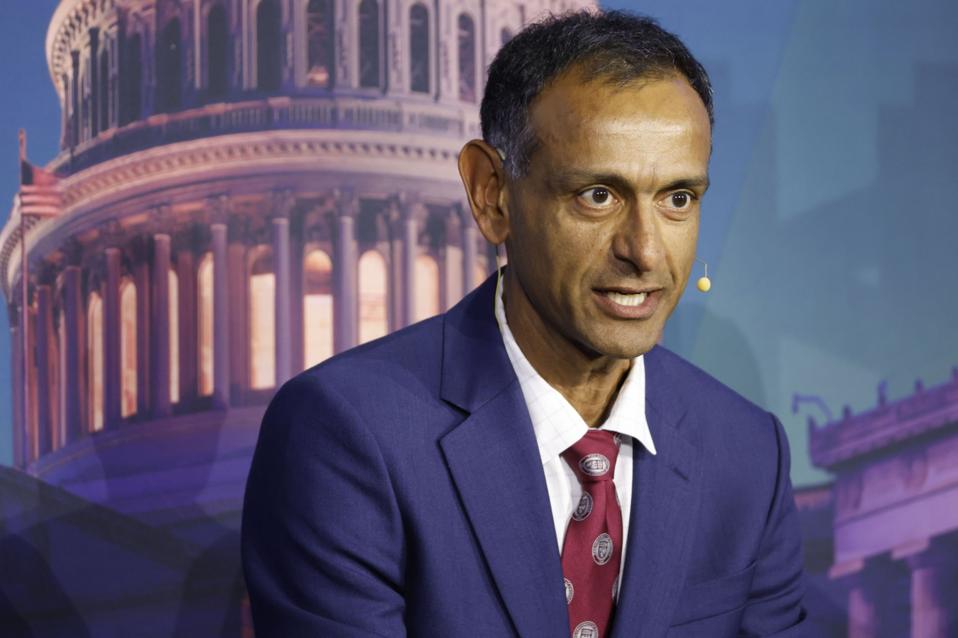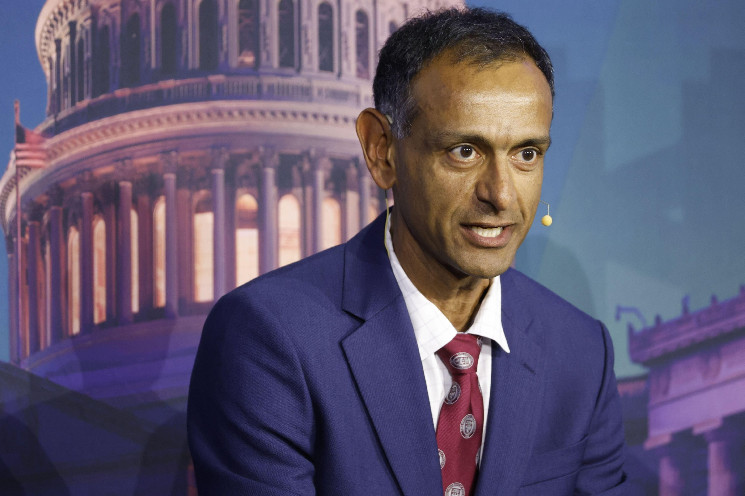Today, U.S. District Court Judge Katherine Polk Failla ruled on a motion for judgment on the pleadings in the ongoing SEC v. Coinbase trial, a court case that has major repercussions for the crypto industry in the U.S. Key highlights in the opinion with implications to US crypto policy include whether the SEC is overstepping its authority under the Major Questions Doctrine, violating the due process rights of Coinbase, and appropriately applying the well-known SEC v. Howey test in the context of crypto-assets as opposed to traditional securities.
Coinbase had been contending in its motion that the SEC overstepped its authority granted by Congress. However, the opinion described the overall crypto markets as lacking a significant role in the U.S. economy when compared to clean energy markets and student loan forgiveness programs. The court opinion stated, “...the cryptocurrency industry “falls far short of being a ‘portion of the American economy’ bearing ‘vast economic and political significance.’” Simply put, the cryptocurrency industry cannot compare with those other industries the Supreme Court has found to trigger the major questions doctrine.”
The court also dismisses Coinbase’s concerns over the SEC failing to conduct rulemaking on what should be considered a crypto-asset security under the Administrative Procedures Act (APA). The opinion argued that the SEC is not creating new regulatory authority but rather engaged in a ‘fact-intensive application of an existing standard’. The court opinion stated, “While it may be true that in cases where an agency purports to promulgate new regulatory authority, notice-and-comment rulemaking may offer a “better, fairer, and more effective” method of implementing agency policy than punitive enforcement actions, such is not the case here.”

“The very concept of enforcement actions evidences the Commission’s ability to develop the law by accretion. The SEC has a long history of proceeding through such actions to regulate emerging technologies and associated financial instruments within the ambit of its authority as defined by cases like Howey — a test that has existed for nearly eight decades,” stated the court opinion. This argument by the court closely reflects some of the opinions SEC Chair Gary Gensler has argued in the past and testified before Congress on regarding enforcement actions vs. rulemaking.
I spoke with Joe Carlasare, Co-Chair of Amundsen Davis’s Cryptocurrency, Blockchain and FinTech group, who viewed the outcome as one largely benefitting the SEC. “This decision is the first victory in what is certain to be a long war for the SEC against Coinbase. Although Judge Failla’s ruling is in the limited context of a motion on the pleadings, the SEC should be encouraged by many statements in the order as the case moves to the discovery phase,” said Carlasare.
Carlasare pointed out one troubling sentence for U.S. crypto exchanges in general, where the opinion stated, “When a customer purchases a token on Coinbase's platform, she is not just purchasing a token, which in and of itself is valueless; rather, she is buying into the token's digital ecosystem, the growth of which is necessarily tied to value of the token.” According to Carlasare, while this is not the final ruling as to whether Coinbase is a securities exchange, the potential of tying the purchase of a blockchain token on an exchange to that token’s underlying ecosystem seems like something that cannot be easily walked back.
 forbes.com
forbes.com
